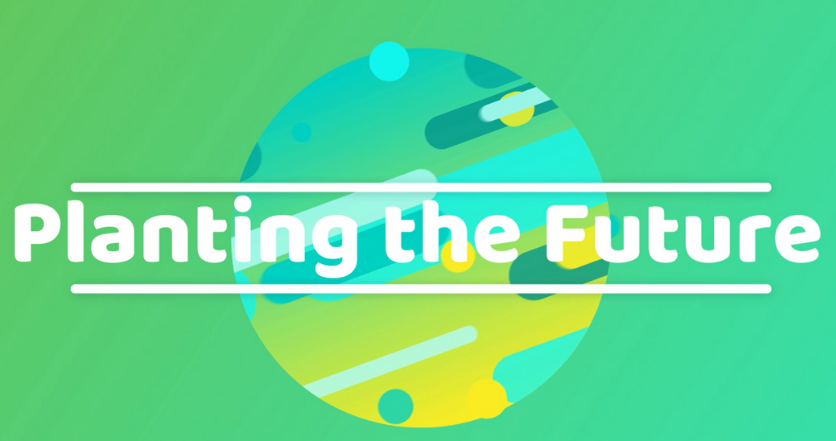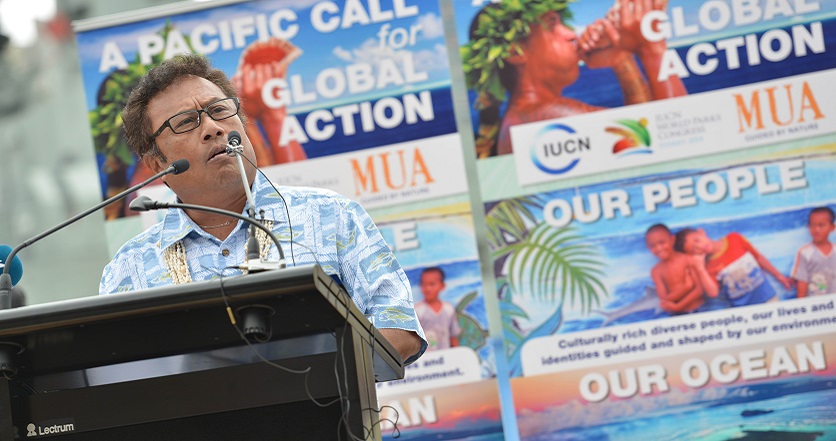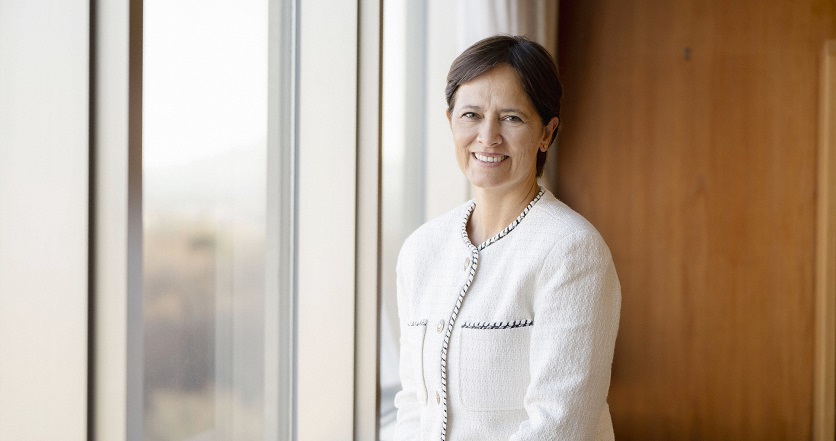Stewarding Our Future: A Conversation with Jeffrey Sachs
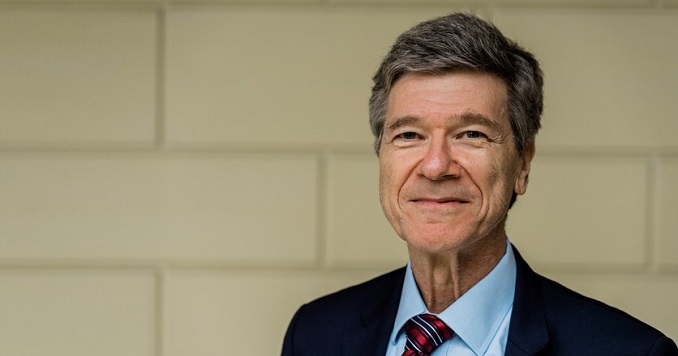
Economist Jeffrey Sachs is Director of the Center for Sustainable Development at Columbia University and holds the university’s highest academic title of University Professor. He has served as Special Advisor to three United Nations secretaries-general and currently serves as an SDG advocate under Secretary-General António Guterres. He spoke with the Soka Gakkai’s Seikyo Shimbun newspaper in November 2021 about navigating a pivotal moment in history and the need for global cooperation in bringing out the best of the new digital age.
The Urgency of the Moment
As a leading advocate of sustainable development, you have been outspoken about the urgency of the moment.
We are at a pivotal moment in our generation. We have set crucial goals—the Sustainable Development Goals (SDGs), the Paris Agreement, the protection of biodiversity—but we are not taking the specific steps needed to fulfill these goals. We are not cooperating globally. Tensions between the United States and China have had negative influences on global cooperation. As a result of this lack of global cooperative effort, the world could reach very dangerous thresholds in which major ecosystems collapse, sea levels rise by several meters during this century and the next, and hunger and poverty expand. On the other hand, with concerted actions, we could address all of these challenges at low cost, just a few percent of annual production, and thereby create a safer, healthier, more sustainable and fairer planet.
Do you believe that the COVID-19 pandemic has hindered efforts by the international community to achieve the SDGs?
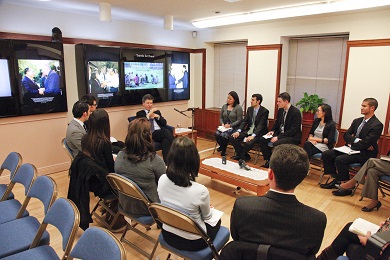
The SDGs were off track even before the pandemic. The rich countries, especially the US in recent years, were not focused on helping the poorer countries. This neglect continues today, though matters are somewhat better now. The G20 countries urgently need to step up the financial support given to the poorer countries. As of today, the poorer countries lack the financial means to keep children in school, ensure health care, provide electrification and digital access and meet other critical SDGs. They are also hard-hit by climate shocks, resulting mainly from the greenhouse emissions of the richer countries.
The Digital Haves and Have-Nots
In your book The Ages of Globalization: Geography, Technology, and Institutions, you categorize the history of humanity into seven ages of globalization and discuss the implications of our current digital age. How can we mitigate its risks?
The current digital age means that we have the unprecedented capacity to store, transmit and process data and the ability to enable machines—our computers, appliances, robots and other machines—to carry out useful activities. The technologies of the digital age continue to improve at startling rates, such as in the areas of artificial intelligence and machine learning. All of this is potentially very good news. It could lead to a new era of shared prosperity, more leisure time and improved services in education, healthcare and public administration, for example.
Our interdependence and common global fate are the most important foundations for a new and shared global ethics that is so urgently needed.
Yet, the digital age has huge risks as well. It could lead to mass unemployment, especially of less-skilled workers. It could lead to a massive social and economic divide between the “digital haves” and the “digital have-nots,” to new forms of warfare, to the loss of privacy, or to new psychological addictions and mental health problems. All of these risks are not only possible but are already present in parts of the world.
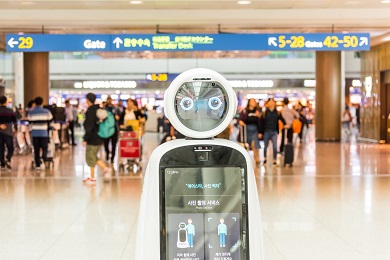
We need to think carefully and cooperate globally to get the best of the new digital age. We should prevent the militarization of digital technologies through new treaties on disarmament and global security. We need generosity in social policies to ensure universal digital access for all citizens, and effective strategies of retraining and social benefits for those whose jobs may be lost to robotics and Artificial Intelligence. All of these are big—and still unmet—challenges.
A Safe and Sustainable Environment for All
You’ve written about the need for a shared ethical framework in order to build peace and create a safe and sustainable environment. Can you say more about this?
All over the world, religious and cultural ancient wisdom has supported three ideas. The Golden Rule says to treat others as we wish to be treated. Confucius, Jesus and the Jewish sages, among others, championed this idea. The second is that the world belongs to everybody, not just to the rich. The poor must be accorded the material basis of a decent life and the dignity that attends to all persons. The third idea is that human beings are stewards of the planet, not the masters of creation. We are part of the biosphere and therefore need to protect the Earth, not only out of moral, aesthetic and economic considerations but for our own very survival. This lesson is not well understood because many people are not properly trained in ecology and Earth systems.
These shared ideas should be recognized as the shared common ethical framework for human action and global cooperation. The Universal Declaration of Human Rights (1948), sometimes called the UN’s moral charter, powerfully captures the Golden Rule and the preferential option for the poor. It should be updated for the 21st century to include the right to a safe and sustainable environment for all people and future generations. Governments, businesses and civil society should recognize their respective obligations to ensure these universal rights.
In his 1993 lecture at Harvard University, President Daisaku Ikeda proposed that Mahayana Buddhism could serve as “the philosophical basis . . . for the symbiotic coexistence of all things.” At the heart of this are the principles of the equality of all human beings and the dignity of all life.
The work of the Soka Gakkai for global peace, cooperation and mutual understanding is of enormous moral force. We need a global ethics for the 21st century, based on universal human dignity, sustainable development and the responsibilities of the rich and the powerful to the poor and vulnerable. Our interdependence and common global fate are the most important foundations for a new and shared global ethics that is so urgently needed. I believe that all of the world’s major religions can and should contribute to that shared global understanding, and that all religions can find common ground to protect our common interests and our common home.
In 1963, following the 1962 Cuban Missile Crisis that almost led to global nuclear annihilation, President John F. Kennedy led a remarkable effort for peacemaking (which I wrote about in my book To Move the World: JFK’s Quest for Peace). He recognized, in the wake of the missile crisis, the fragility of life on the planet and the need and possibility of shared values and outlooks. In a famous speech on June 10, 1963, he made the following observation about global cooperation that I believe is highly pertinent for our own time:
“So, let us not be blind to our differences—but let us also direct attention to our common interests and to the means by which those differences can be resolved. And if we cannot end now our differences, at least we can help make the world safe for diversity. For, in the final analysis, our most basic common link is that we all inhabit this small planet. We all breathe the same air. We all cherish our children’s future. And we are all mortal.”





